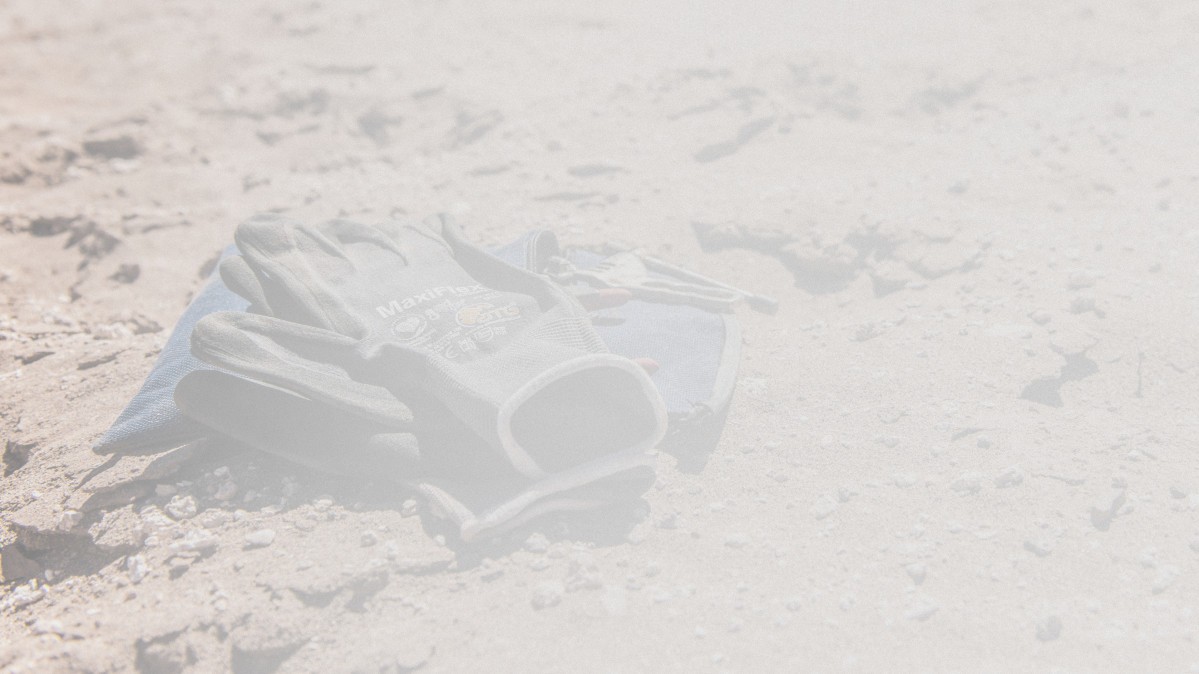United States
Sales Partner
- Name
- Protective Industrial Products INC.
- sales@pipusa.com
- Website
- https://us.pipglobal.com/en/
ATG® country manager
- Name
- Dwayne Drozdiak
Frequently asked questions
Can't find the answer you're looking for? Have a look at our FAQ page.Are your gloves approved for food contact?
The MaxiFlex® range contains a number of gloves which are FDA compliant (21 CFR 177). MaxiFlex® Ultimate™ reference 34-874 et al and the MaxiDry® Zero™ reference 56-451 meet the requirements of the European food standards as well (EU1935/2004). Contact your local ATG® representative to confirm specific product applicability.
Doesn't PU have better grip than MaxiDry®?
Solvent based polyurethane products may possess good grip characteristics due to the solvent however one of these solvents, DMF, is classified as a Substance of Very High Concern under the REACH legislation.
What is micro-foam nitrile?
Micro-foam nitrile is a special, patented formulation of nitrile coating which allows our gloves (where this coating is used) to be fully breathable. The coating can be applied precisely and is thin, which means users can enjoy maximum dexterity and flexibility.
What do you mean by 360 degree breathability?
It means our gloves breath on both the coated and knitted areas. Our 360 degree breathability is delivered by our AIRtech® technology platform. In products where this technology is used, because both the liner and the micro-foam nitrile coating are breathable, this means the glove is fully breathable and therefore your hand can breathe through 360 degrees.
